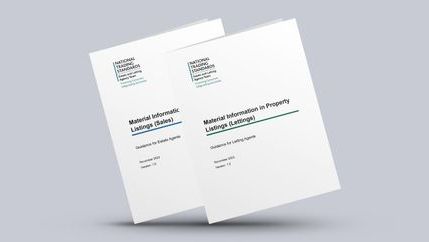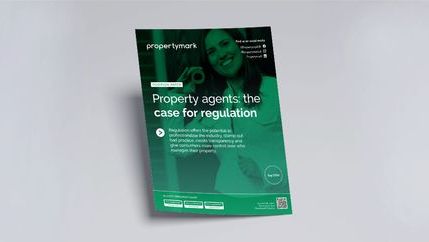
From 6 April 2025, the CMA will be able to decide whether consumer protection laws have been breached without having to take businesses to court, and they can enforce their decisions with fines and redress.
Agents needn’t worry about big changes right away, however. Sarah Cardell, Chief Executive of the CMA, has stated that final guidance and an approach document will be published ‘at the beginning of April’, and enforcement priorities for the first 12 months will focus on the most egregious harms.
On behalf of members, Propertymark has submitted responses to two consultations; on the Draft Unfair Commercial Practices Guidance, and on the Draft Consumer Protection Enforcement Guidance. We have also extended an invitation to work with the CMA to develop the guidance further and to build on the implementation of future legislation.
FAQ: Digital Markets, Competition and Consumers Act 2024 (Commencement No. 2) Regulations 2025
The Digital Markets, Competition and Consumers Act (DMCC Act) was enacted on 24 May 2024 and provides regulation of competition in digital markets, amending the Competition Act 1998 and the Enterprise Act 2002 and encompassing the protection of consumer rights and other related rights.
Unfair commercial practices
Our primary concern about the draft guidance is that it is ambiguous about issues directly impacting the property sector. It is not explained exactly how the new guidelines will replace the existing rules – for example it does not explicitly cover material information, which is a legal obligation for agents under the 2008 regulations.
It is also unclear how the CMA will interact with the National Trading Standards Estate and Letting Agency Team (NTSELAT), which until now has been primarily responsible for the regulation of estate agency work in the UK and letting agency work in England.
The draft guidance states that in England, Wales and Northern Ireland prosecutions will generally be conducted by the CMA, Trading Standards Services, or the Department for the Economy in Northern Ireland. In Scotland, prosecutions are conducted by the Crown Office and Procurator Fiscal Service. Propertymark has discussed the issue with NTSELAT who state that they and local Trading Standards teams will still have power to enforce Consumer Protection legislation.
We believe that the role of each authority needs to be clearly defined and separated. For example, it would be sensible for NTSELAT to take on individual breaches of regulations and the CMA to look at more serious offences such as ongoing miss-selling. But without this distinction clearly defined in the guidance there is no clear path for consumers to seek action.
Regulation would aid consistent enforcement
The guidance includes a general ban on conduct that ‘contravenes the requirements of professional diligence’ and explains that this is an objective standard applied to the skill an agent uses and how they treat consumers.
We are concerned that in an unregulated sector with no statutory Code of Conduct or Practice, it will be difficult to establish a shared understanding of what professional diligence looks like. There is also a risk that decisions will be open to interpretation and enforcement will be inconsistent.
To resolve this, estate agents operating across the UK and letting agents in England should be regulated, as recommended by Lord Best and the Regulation of Property Agents Working Group in 2019. Propertymark has long campaigned for the professionalisation of the property industry, which we passionately believe will stamp out bad practice, create transparency, and give consumers more protection and control in property transactions.
An opportunity to clarify material information
We urge the CMA to seize the chance to improve understanding of the rules around property information as they produce their final guidance.
Uncertainty remains about where liability will fall for missing or incorrect details in certain common circumstances, such as if a vendor or other third party provides inaccurate information or is unaware of a material fact. It is not always practical or possible for agents to verify details given to them, so clear guidance on this would be valuable to the sector.
We have also called for clarity on whether the duty to inform consumers also apply to other professionals involved in property transactions, including legal representatives. Agents need to understand if they can give material information to a legal representative with the expectation that it will be passed on to the consumer.
More guidance on the level of detail expected would also be welcomed by the sector to make it clear if agents are expected to educate clients on the impact of certain material facts. For example, as well as listing that a property has spray foam insulation, is there an expectation that the agent should inform the customer of recent problems with obtaining mortgage finance on properties with this kind of insulation.
Read our response to the Draft Unfair Commercial Practices Guidance Consultation
Read our response to the Draft Consumer Protection Enforcement Guidance Consultation







